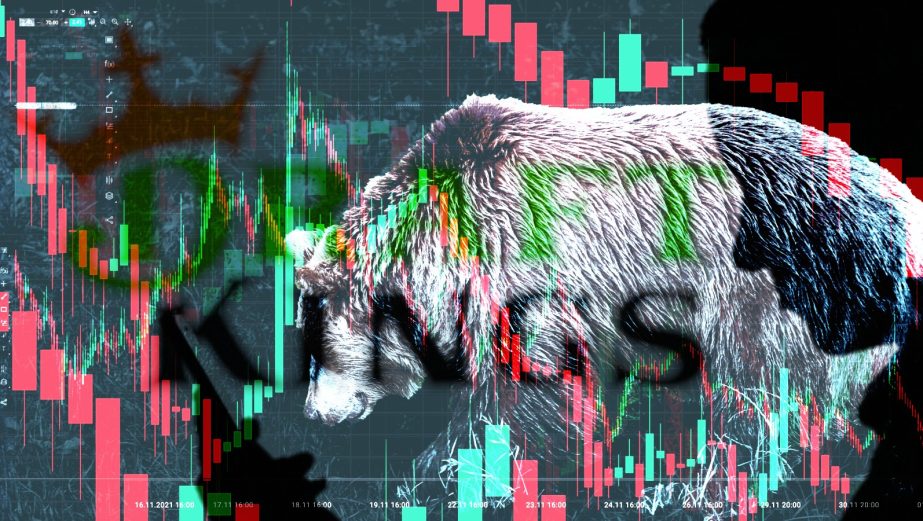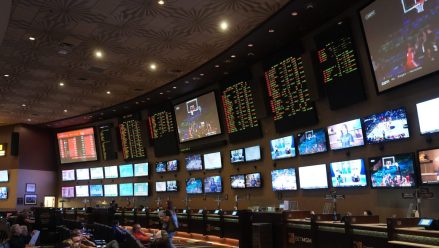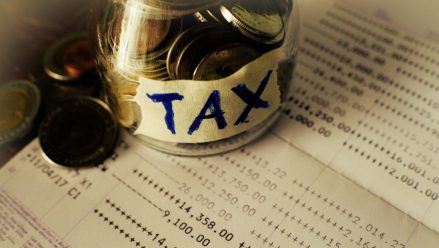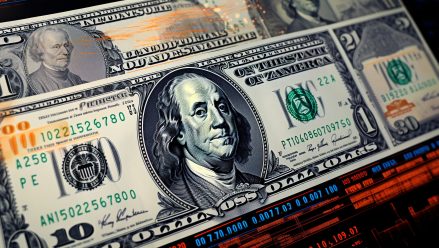Sportsbook giants, daily fantasy companies, and crypto exchanges are all taking steps toward the world of prediction markets, with some acquiring businesses approved to offer event contracts by the Commodity Futures Trading Commission (CFTC) while others partner with approved firms.
But the prediction market boom has also led to a host of smaller startups that promise to disrupt the space. While they haven’t raised close to the hundreds of millions that Kalshi and Polymarket have received from venture capital and Wall Street, they have been raising funds and hope to one day challenge the top players.
For many founders, the crypto ecosystem offers a way to create a prediction market outside of the CFTC-regulated world, though it remains to be seen whether they will face regulatory action if they accept U.S. customers without the commodity regulator’s approval. Meanwhile, at least one business is eyeing a different financial regulator for approval.
Here are some of the new potential players in the prediction market arena.
InPlay Global
InPlay Global might not be a true prediction market, but it could create a new legal frontier in sports event trading. In a press release last week, the new business announced plans to launch a “Sports Performance Securities marketplace.”
U.S.-regulated prediction markets have been the purview of the CFTC, but InPlay Global is attempting to gain registration from the Securities and Exchange Commission (SEC) for its sports trading platform.
InPlay likens its prospective product to exchange-traded funds and will track the performance of pro and college sports teams. In its marketplace, a user could buy or sell a team, and their winnings depend on how the team performs over the course of a season.
The SEC hasn’t given any indication of whether or not it is likely to allow the novel product. Without SEC approval, the marketplace is not live yet.
Limitless
In something of a reverse of InPlay Global’s model, Limitless takes prediction markets to an area more traditionally under SEC jurisdiction: stocks.
Limitless, which launched last year, offers 30-minute and 60-minute markets on specific stock and cryptocurrency prices, with users predicting whether the price will be above or below a certain threshold by the end of the period. That’s similar to the markets that FanDuel and CME’s predictions platform intends to offer.
On Tuesday, the exchange revealed it had raised $10 million in a seed funding round led by crypto-focused VC firm 1Confirmation. In announcing the funding, it said it could move toward offering even faster-resolving markets, which could look more like a casino game than either a stock or prediction market.
“With this round of funding, Limitless will accelerate product iteration and launch more short-term market types, including 15-minute, 10-minute, and even 1-minute prediction markets,” Limitless says.
Those one-minute markets, even if rooted in stocks, would arguably be the most casino-like product that the prediction market world has launched.
Slips
Slips uses AI to automate market creation, and the technology is also used to audit and resolve bets. Its AI system tracks “real-time trends” and comes up with relevant markets in response.
Its commitment to AI seems to be reflected in its press releases, too.
“This launch isn’t just about adding more ways to play — it’s about creating limitless action,” Slips says in a release about the launch of its markets.
The business says it has received funding from “leading venture capital firms, professional sports team owners, Web3 pioneers, and six-time World Series of Poker champion Jason Mercier.”
According to Crunchbase, the business raised $1.6 million in pre-seed funding, led by Los Angeles-based VC firm Watertower Ventures.
The site operates in 43 states. It describes itself as a “social betting exchange,” which it says is distinct from unlicensed gambling.
Melee
Melee co-founder and CEO Max Lawrence says, “At first, Melee will seem like the degen’s prediction market” — using the crypto world’s term for a trader that makes high-risk bets. The company’s own materials liken it to meme coin exchange Pump.fun.
The business raised $3.5 million from Variant Fund and DBA to build what it calls “viral markets,” where users can be rewarded “for being early or being right,” as outcomes have longer odds if one bets on them soon after the market opens, with odds then shortening over time.
It says that this structure will encourage influencers to use the exchange to monetize their audiences.
“The typical crypto user has been programmed by meme coin speculation to expect 1000x potential returns,” Melee says. “Melee enables users to have similar asymmetric upside by being early.”
Melee launched its first market this week, ahead of the Thursday Night Football game between the Chargers and the Vikings.
The Clearing Company
The Clearing Company has maybe the most accomplished team of the attempted new prediction market players.
Its chief executive, Toni Gemayel, was Polymarket’s head of growth from late 2023 to late 2024, overseeing a period of rapid expansion, and held a similar role at Kalshi in 2022. Polymarket’s former head of markets, Niraek Jain-Sharma, is also on its executive team, alongside three other ex-Polymarket staff members.
Financially, its backers include venture capital fund Union Square Ventures and crypto giant Coinbase, which has been teasing its own entry into prediction markets. The two companies participated in a $15 million funding round for The Clearing Company in August.
After its August fundraise, The Clearing Company said it is working to build a regulated exchange, with transactions recorded on a blockchain and markets covering “crypto, politics, sports, culture & more.” The exchange has not yet launched.
Competi
Competi says it plans to meet users where they are, aiming to launch a prediction market product integrated with apps like TikTok, Telegram and Discord.
It aims to focus on parlays – using a request-for-quotations process, like Kalshi – which it argues are the prediction market’s equivalent of leveraged trading in finance, promising the potential for high upside.
“Sports pickers on TikTok are booming,” Competi says in a “manifesto” page on its website. “Millions listen to their calls. Their fans follow picks, join chat groups, and pay for access. We embed prediction flows inside those chats.” The platform has not yet launched, but users can join a waitlist.
Opinion.Trade
As other platforms eye the opportunity in sports event contracts, Opinion.Trade says it wants to focus on macroeconomic indicators like the rates of unemployment and inflation.
The business raised $5 million earlier this year in a funding round led by YZi Labs.
Per a press release last week, the business claims to be “transforming prediction markets from entertainment-driven speculation into a critical layer of economic intelligence.”
Opinion.Trade is currently in invitiation-only mode.
Kizzy
Free-to-play platform Kizzy raised $2.7 million in an August funding round, according to PitchBook.
The app allows users to bet on the activity of social media influencers. Its website shows sample bets related to Elon Musk and YouTuber iShowSpeed. It is not clear whether the business will pursue formal partnerships or enter into agreements with influencers before offering bets on their activity.
Kizzy offers a free-to-play testing mode but claims a real-money version is “coming soon.”








